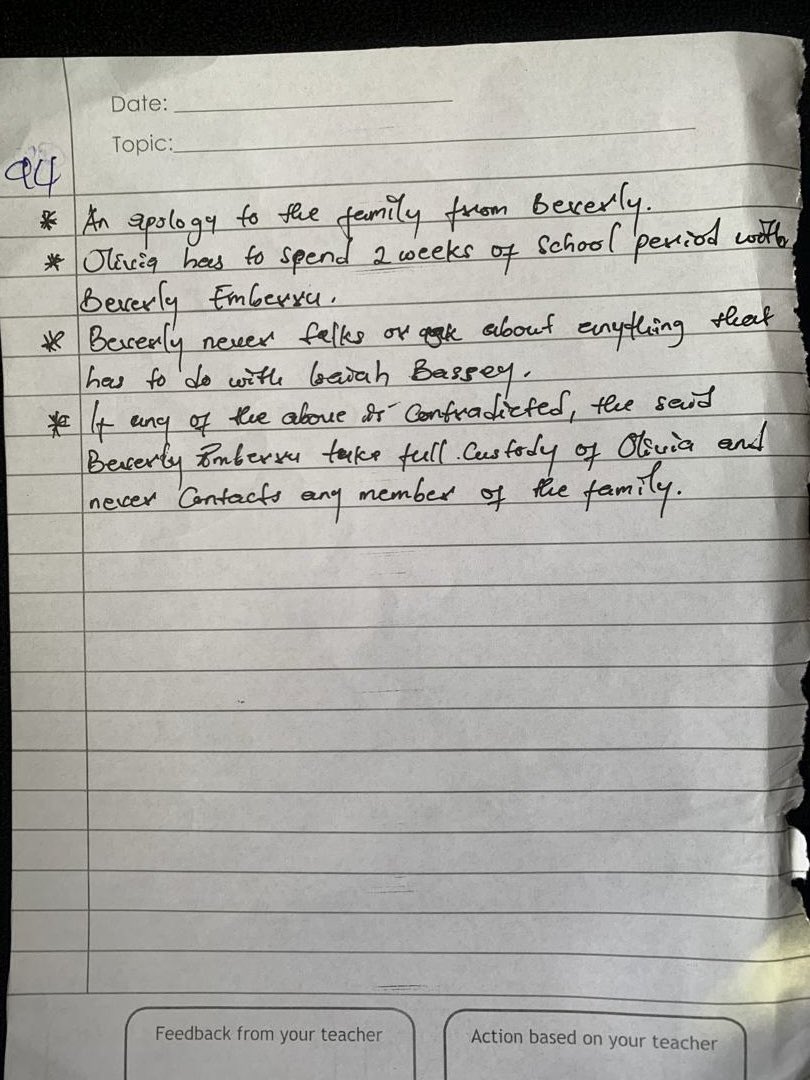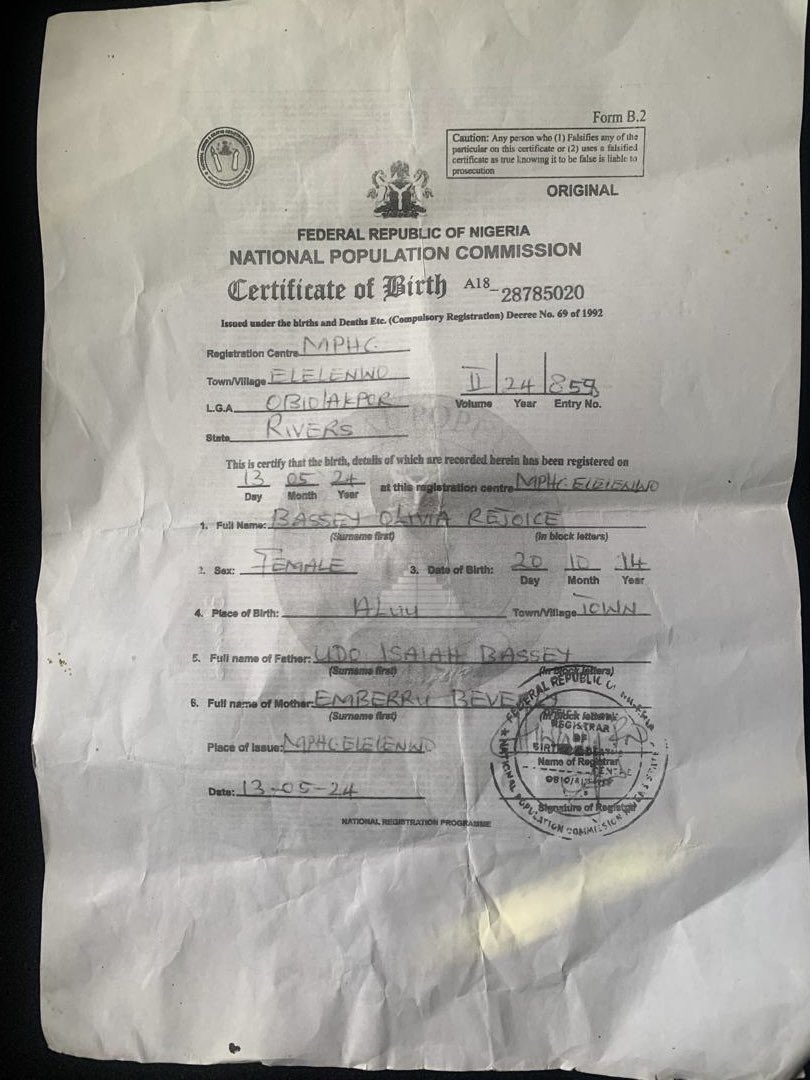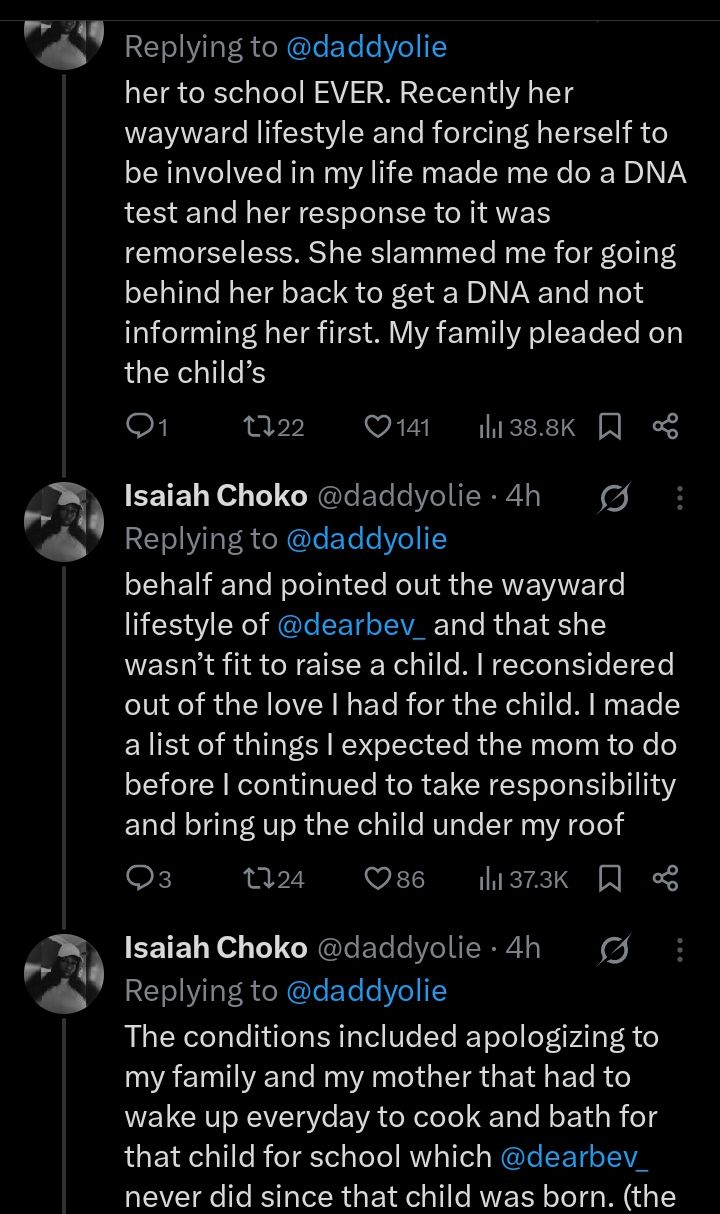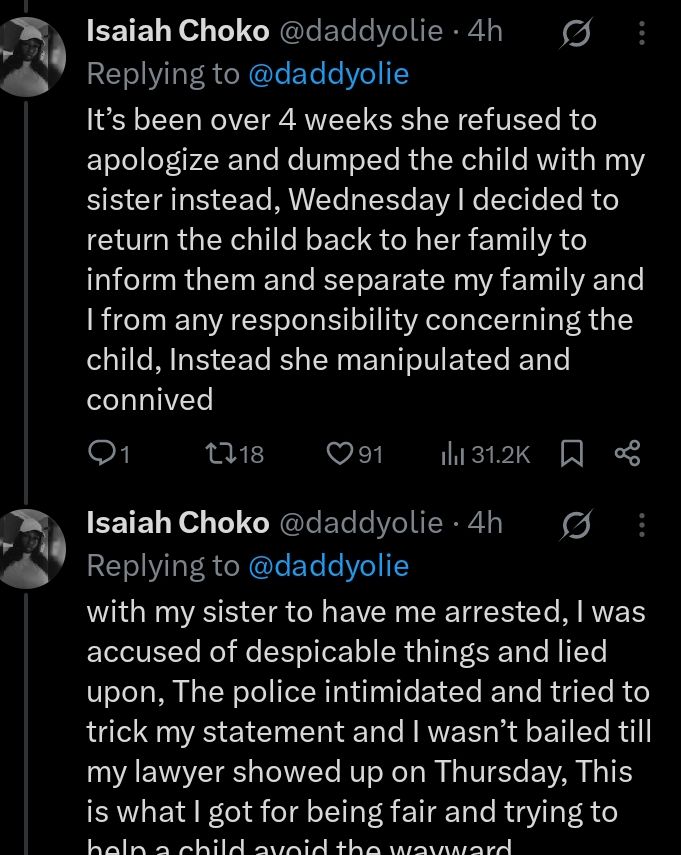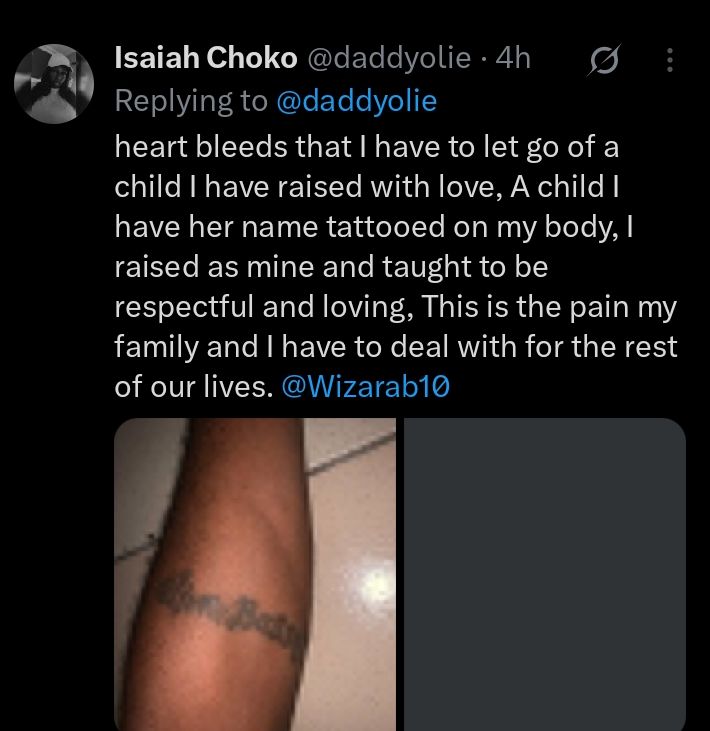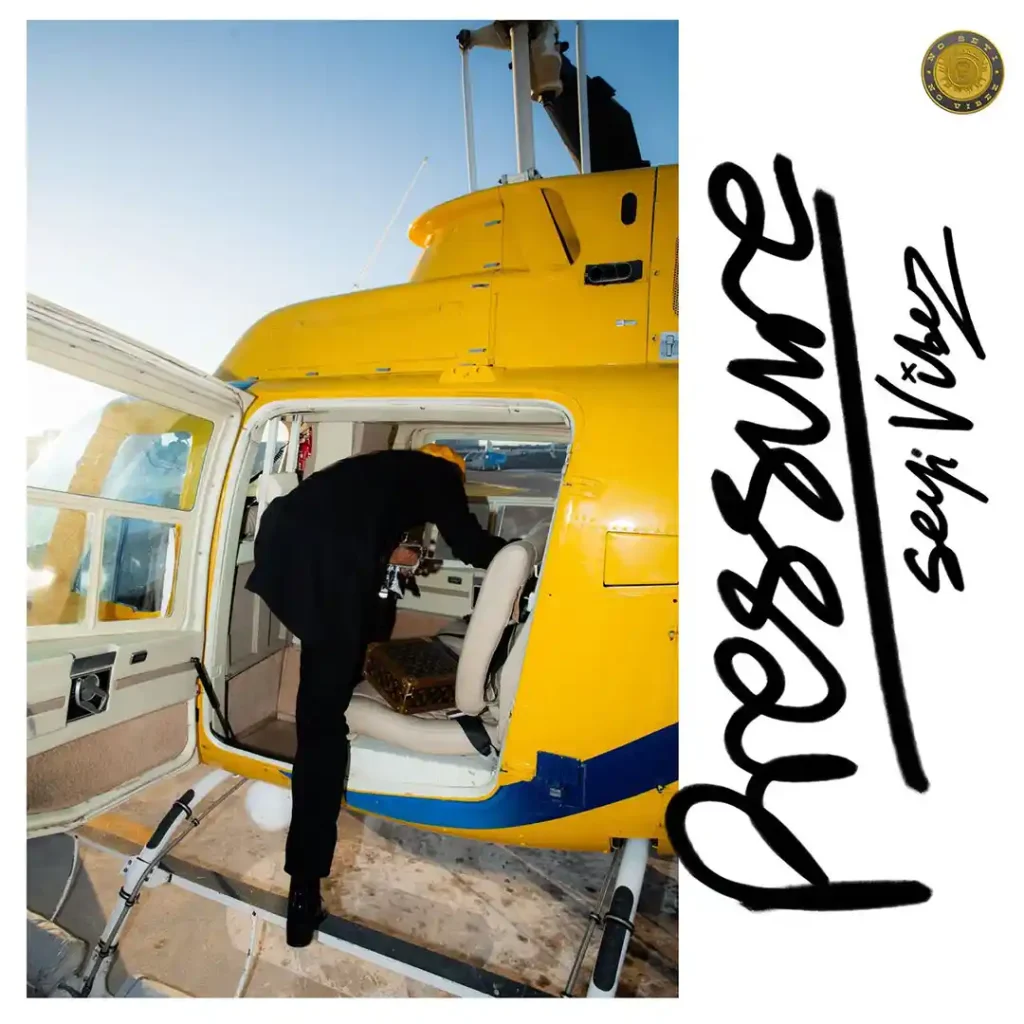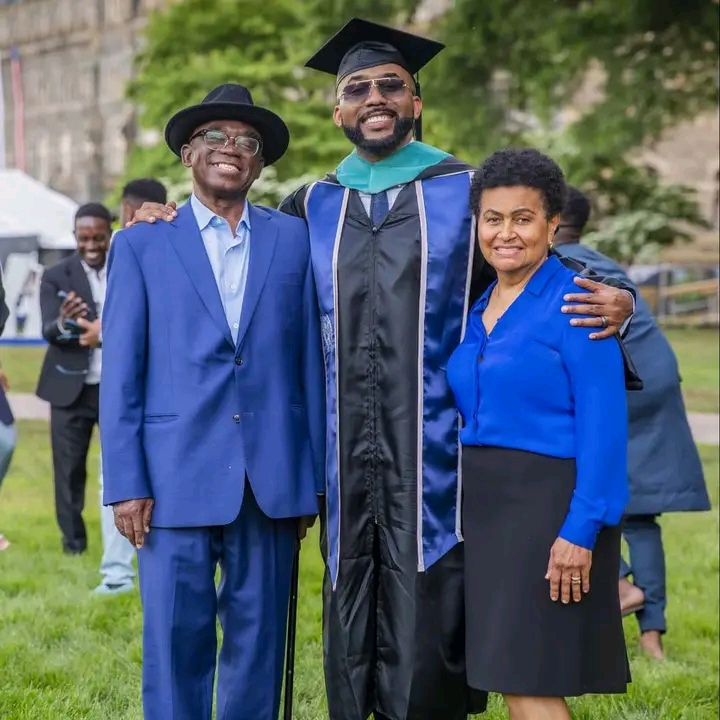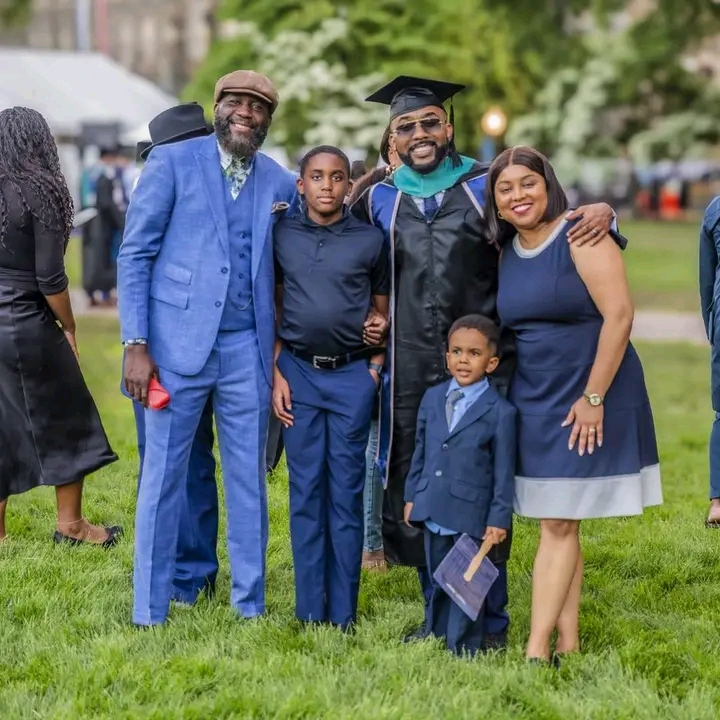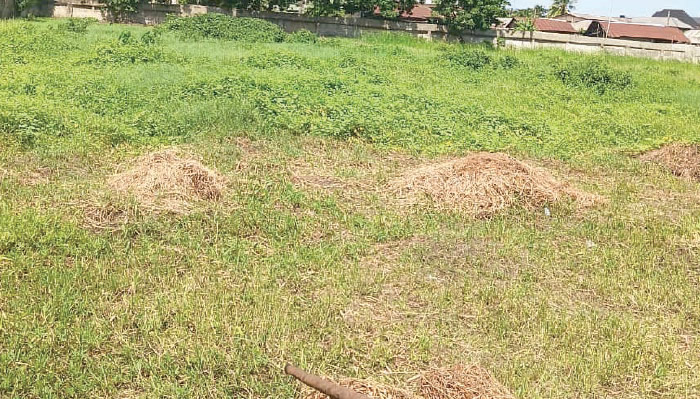Located along the ever-busy Lagos-Badagry Expressway, Isasi cemetery is a place where the dead find little peace. Overcrowded and neglected, this burial ground tells a haunting tale, as bodies are laid to rest in shallow, one-foot-deep graves, many without markers or dignity, their brittle bones protruding from the earth.
CHIJIOKE IREMEKA exposes the grim realities of this final resting place, raising alarming questions about public health and respect for the departed
Hammed Adeyemo stood quietly at the edge of the waterlogged grave, her eyes brimming with tears as she watched the body of her aunt, Mutiat, being lowered into a muddy trench barely a foot deep at the Iyana-Isasi Cemetery in Lagos.
At the cemetery located off the Lagos-Badagry Expressway, near the Iyana-Isasi bus stop, the 31-year-old fashion designer grieved not just the loss of her beloved aunt, but also the indignity of her burial.
The grave was so shallow it barely held Mutiat’s body, and the sorrow that gripped Adeyemo deepened with every passing moment.
Her heartbreak only worsened when she discovered that the cemetery forbade gravestones or markers to identify burial spots.
It meant she might never find the exact resting place of the woman who had been like a second mother to her.
“It felt like the cemetery was trying to erase the good memories I shared with my aunt, who slipped and died in the bathroom,” she said, her eyes swollen from excessive crying.
In a trembling voice, Adeyemo shared with Sunday PUNCH the painful story of how her aunt, who left behind three children, died unexpectedly.
A tragic morning
Mutiat, a quiet and well-loved woman in her late 50s, had gone to bathe that Saturday morning, unaware it would be her last.
According to Adeyemo, while in the bathroom, she slipped and fell. For several long minutes, no one realised she was lying helpless on the wet, cold floor.
Her 11-year-old son, who had been playing outside their home at 55 Baruwa Street, Old Ojo Road, in the Amuwo Odofin Local Government Area, eventually came inside to drink water. Not seeing his mother, he began calling out.
“Her son called out for his mum several times but got no response. Hearing the sound of running water, he moved towards the bathroom, calling her name. Then he found her, lying unconscious on the floor,” Adeyemo recounted.
In panic, the boy dashed out to raise the alarm. Neighbours rushed in and quickly carried Mutiat to a health centre on the street.
As a nurse struggled to revive her, a call came in from Mutiat’s only surviving sister, who had travelled abroad to visit her children.
Upon learning what had happened, she immediately instructed that Mutiat be transferred to a better-equipped hospital, hoping that faster care might change the outcome.
But the worst had already happened.
At the hospital, doctors pronounced her dead and wrote in the report that she was “brought in dead.”
Unsettling burial
“As Muslims, we knew her body had to be buried as soon as possible,” Adeyemo said. “Without a husband or father to decide, we contacted her sister in the United States, who gave the go-ahead for the burial.”
An ambulance was arranged to take the body to Iyana-Isasi Cemetery. But what they encountered there was shocking.
“The gravediggers dug a shallow grave, barely a foot deep,” she recalled, still evidently shocked. “That was where she was buried.”
Family and friends stood stunned as Mutiat’s body was lowered into the shallow grave.
The indignity didn’t end there. One of the gravediggers had to use his shovel to press her arm into the earth because part of it still stuck out.
“It was traumatic,” Adeyemo said. “Even in death, she wasn’t given the dignity she deserved.”
Fears of animals desecrating body
Adeyemo feared that animals, such as dogs or pigs, might dig up the shallow grave and feast on her aunt’s remains, which had been wrapped in a simple white cloth typically used for Muslim burials.
“I have heard stories about people being buried like this, but I didn’t believe until I saw it with my own eyes,” Adeyemo said, her voice quivering. “It felt like my aunt was discarded, not buried. That grave wasn’t fit for a human being.”
The burial, she recounted, was hastily done. Within minutes, the workers had covered the body with sand, patting it down with their shovels.
No prayers were at the site, no comforting words, no tribute. Just the sound of earth and shovels.
More painful was the refusal by cemetery staff to allow a gravestone or marker.
She said, “I begged them to let us place a headstone, just something small to mark her resting place, but they refused. I looked around and saw no names, no stones, nothing; just bare, unmarked earth stretching in rows of invisible graves.
“I feel like in a few weeks, no one will know where she lies. She raised me. She deserved better,” she said, choking on tears. “I understand that land is scarce, but the dead should not be treated this way. It looks more like a mass burial ground than a proper cemetery. That makes it even worse.
“I keep wondering how I’ll visit her. I can’t lay flowers. I can’t find her grave. It’s like she disappeared. And with such a shallow grave, I can’t even say for sure what happened to her body after we left. No one should be forgotten this easily.”
Trauma of burial
A few days after Adeyemo’s heartbreak, the family of Raji Mohammed was made to walk the same agonising path as they laid their son, Rafiu, who died in a road crash, to rest.
Their grief was deepened by the nature of his burial, which they described as disrespectful and careless.
Their first choice had been Iyana-Era Cemetery. But with the facility locked by the government under unclear circumstances, they had no option but to bring Rafiu’s body to Iyana-Isasi Cemetery.
“We paid the gravediggers N10,000,” Rafiu’s elder brother, Ismaila, told Sunday PUNCH. “But when we arrived, what we saw was a shallow grave, not suitable for burying a human being. It was wrong. It felt like desecration.”
The burial, she recounted, was hastily done. Within minutes, the workers had covered the body with sand, patting it down with their shovels.
No prayers were at the site, no comforting words, no tribute. Just the sound of earth and shovels.
More painful was the refusal by cemetery staff to allow a gravestone or marker.
She said, “I begged them to let us place a headstone, just something small to mark her resting place, but they refused. I looked around and saw no names, no stones, nothing; just bare, unmarked earth stretching in rows of invisible graves.
“I feel like in a few weeks, no one will know where she lies. She raised me. She deserved better,” she said, choking on tears. “I understand that land is scarce, but the dead should not be treated this way. It looks more like a mass burial ground than a proper cemetery. That makes it even worse.
“I keep wondering how I’ll visit her. I can’t lay flowers. I can’t find her grave. It’s like she disappeared. And with such a shallow grave, I can’t even say for sure what happened to her body after we left. No one should be forgotten this easily.”
Trauma of burial
A few days after Adeyemo’s heartbreak, the family of Raji Mohammed was made to walk the same agonising path as they laid their son, Rafiu, who died in a road crash, to rest.
Their grief was deepened by the nature of his burial, which they described as disrespectful and careless.
Their first choice had been Iyana-Era Cemetery. But with the facility locked by the government under unclear circumstances, they had no option but to bring Rafiu’s body to Iyana-Isasi Cemetery.
“We paid the gravediggers N10,000,” Rafiu’s elder brother, Ismaila, told Sunday PUNCH. “But when we arrived, what we saw was a shallow grave, not suitable for burying a human being. It was wrong. It felt like desecration.”
He said the family was plagued by fears and rumours of disturbing activities, such as graves being exhumed and human parts allegedly harvested for rituals.
Though reluctant, they had no alternative and proceeded with the burial.
“We’ve heard of evil things happening in cemeteries. We don’t know if this place is any different,” he said sombrely.
“For grieving families, a proper burial is not just tradition — it’s closure. Without it, the sorrow lingers long after the ground is filled.
“If a person is buried properly, it settles many things. The family’s pain eases, the person can reincarnate, and the sorrow fades. But if the body is buried like this, it will haunt everyone. The soul will not rest,” Ismaila added.
Buried without identities
Based on findings by Sunday PUNCH, a disturbing burial practice exists at Iyana-Isasi Cemetery, where it has become the norm to inter bodies in graves barely a foot deep, without gravestones or any form of identification.
It was discovered that this practice is driven by an urgent need to maximise limited space.
Our correspondent gathered that the burial ground primarily serves Muslims, especially northerners residing in the Araba-Rago area of Lagos, many of whom cannot afford the high cost of transporting the bodies of their loved ones back to their hometowns.
Confirming the troubling shallowness of the graves, the lead gravedigger, known simply as Baba Elashi, said, “The graves here are not deep like normal graves. We dig them small and bury the bodies.”
He further revealed that waterlogging was a major challenge. “Sometimes, when digging, water starts to seep from the ground. That’s why we keep the graves shallow. Besides, you don’t need to dig deep here. And as you can see, I’m no longer strong. You wouldn’t expect me to dig six feet, haba.”
To demonstrate, Baba Elashi bent slightly and tapped just below his knee. “This is how deep we dig here,” he said.
When asked whether such shallow graves wouldn’t leave the bodies vulnerable to scavenging animals, he dismissed the concern.
“There is no way for dogs to enter the cemetery, or any other animal,” he blurted.
Posing as a grieving relative seeking information about burial costs at the facility, our correspondent was quickly given a breakdown by Baba Elashi. “I charge N10,000 to dig a grave. We also have someone who washes and prepares the corpse, but if he’s not available, I do it myself for N10,000. If you don’t have an Alfa to pray, the full package is N50,000,” he said.
But the situation at the cemetery paints a grim picture.
On arrival, Sunday PUNCH first observed the filthy state of the entrance, littered with discarded wrappers, nylon sheets, soiled clothing, and cardboard boxes once used to transport corpses. The fenced and gated grounds had green weeds stretching across the field, interrupted only by faint signs of recent burials.
When asked if the cemetery’s location posed any discomfort to the adjoining community, Mr Mike Umukoru, Chief Security Officer of Governor’s Road Inside Estate, said there had been no complaints.
“This estate is well fortified,” he said confidently. “Any movement towards the cemetery would be noticed, just like I noticed your presence here. I can assure you, there is no trafficking of human parts here.”
“Nothing close to proper burial”
Joe Asuquo, a mourner sighted by our correspondent at the cemetery, described what he witnessed as far from a proper burial.
“While we were there, another family arrived for a burial,” he recalled. “They were shocked when they saw how shallow the grave was. A lot went through my mind, but I kept quiet. I wasn’t the chief mourner and didn’t want to stir trouble. As far as I’m concerned, that wasn’t a dignified burial. Anyone or any animal could easily reach those graves. Even wild animals could dig them up. It’s that bad.”
The experience, he said, left him shaken and still struggling to come to terms with it.
“It made me wonder if something sinister was happening to the bodies. Why else would they be buried so carelessly?” he asked.
Reflecting, Asuquo added sombrely, “That day, I told myself: there’s nothing in this life. Once you die, others make the decisions for you. Whether you’re buried properly or not, you have no say. It broke my heart. No one deserves to be treated like that even in death.”
Foot-deep grave condemnable – Environmentalist
Environmental activist and founding partner of the Dawn Project Initiative, Desmond Majekodunmi, strongly condemned the practice of burying the dead in graves barely one or two feet deep.
He described the act as not only morally wrong but also a serious environmental and public health hazard.
“It is hazardous because decomposing bodies can contaminate the surrounding environment and potentially cause illnesses among those living nearby,” Majekodunmi warned. “If it were in the bush, some might argue it could help fertilise the topsoil, but in a cemetery setting, that is certainly not acceptable.”
He further cautioned that animals, particularly dogs with their keen sense of smell, could easily detect and exhume bodies buried so shallowly. “By any indication, this practice is unacceptable. It’s bad and should be strongly discouraged,” he emphasised.
Majekodunmi noted that while a six-foot grave depth is regarded as the global standard, a four-foot depth might be reasonable depending on the soil type. However, anything shallower, he insisted, poses unnecessary and avoidable risks to both public health and the environment.
Bodies can contaminate water sources – Epidemiologist
An Epidemiologist and Public Health Physician, Professor Tanimola Akande, echoed these concerns, stressing the religious, cultural, and health implications of shallow graves.
“Burying bodies in shallow graves is neither religiously nor culturally acceptable,” Akande said. “Such bodies may not decompose properly and can easily contaminate water sources with harmful bacteria and viruses.”
He warned that shallow graves pose a serious public health hazard, especially during epidemic outbreaks, as they can contribute to the spread of infectious diseases.
“It is not good practice to bury people in shallow graves because it pollutes the soil and underground water, which may be drawn from wells or streams,” he said. “Animals like dogs can easily dig up these bodies as they decompose, and the resulting odour can be extremely discomforting.”
Akande recommended that human burials should ideally be between three and six feet deep to mitigate such risks.
‘Proper depth prevents environmental hazards’
A community leader and retired civil servant, Chief Nwakonobi Samuel, explained that the primary reason for burying a body in a proper depth is to prevent offensive odours and environmental contamination.
He said, “Six feet is generally considered the standard depth, especially depending on the soil texture. In areas with loose soil, six feet is necessary, but where the soil is firm, such as red sand, four or five feet can be sufficient.
“When the soil is compact, it helps to contain the stench, so six feet isn’t always compulsory. What truly matters is ensuring the grave isn’t disturbed later by farming or construction, which could scatter human remains.”
The community leader also noted that health authorities typically mandate six feet as the standard grave depth, but practical challenges arise in places like Lagos, where high water tables make it difficult to dig that deep.
Echoing this, Reverend Victor Obiora, General Overseer of Vision of God Bible Church, Festac, pointed out that the six-foot standard has biblical origins, referencing Abraham’s burial in a cave of similar depth.
“There is nothing inherently sacred about the six-foot depth. If you visit cemeteries, you’ll see that not everyone is buried that deep. Unfortunately, this makes it easier for hoodlums to unearth graves and steal coffins or valuables,” he explained.
Superstition and religious practices
Offering a traditional perspective, a traditionalist, Bolaji Akande suggested that burying a body deeper than six feet could hinder reincarnation.
“The shallower the grave, the easier it is for the deceased to reincarnate. The deeper the grave, the longer it takes for the person to reincarnate, if they reincarnate at all,” he said.
Meanwhile, a missioner at Oke-Iran Mosque in Ogun State, Sadiku Lawal, shed light on Islamic burial traditions.
He explained that among Muslims, there are two principal types of graves: Al-Shaqq and Al-Lahed, each with its religious significance and method.
“Al-Shaqq involves digging a deep, vertical hole in the ground. Al-Lahed, on the other hand, also begins with a vertical hole, but at the bottom, a horizontal side chamber is created to lay the body flat.
“The grave should be deep enough to fully conceal the body, typically between four and six feet, depending on the soil type. The grave must also be oriented perpendicular to the Qiblah, the direction Muslims face during prayer.”
He noted that both types are used in different regions, but Al-Lahed is preferred where the soil is firm.
“However, burial practices can vary from country to country, depending on soil conditions and local traditions,” Lawal explained.
Lagos cremation law fails to ease cemetery overcrowding
In a bid to tackle the growing crisis of overcrowded cemeteries in Lagos and across Nigeria, former Lagos State Governor Babatunde Fashola signed a bill into law on June 10, 2013, permitting the voluntary cremation of bodies and unclaimed corpses.
The legislation mandated the establishment of official crematoriums and stipulated that cremations could only take place in government-recognised and managed facilities.
The then Attorney General and Commissioner for Justice, Mr Ade Ipaiye, described the bill as a necessary legal framework for regulating the cremation of deceased persons in the state.
Under the law, a medical officer may apply for the cremation of abandoned corpses unclaimed after a specified period.
A 14-day public notice must be issued before cremation, and if the ashes remain unclaimed, authorities are empowered to dispose of them accordingly.
Despite the well-meaning intentions behind the law, it has faced resistance and seen minimal uptake. To date, no Nigerian families have voluntarily chosen to cremate their loved ones under its provisions, which were designed to ease the burden on Lagos’s overcrowded cemeteries.
The Pan-Yoruba socio-cultural group, Afenifere, vehemently opposed the law, arguing that cremation conflicts with Yoruba traditions and cultural values.
The then Director of Media for the Catholic Church in Lagos, Gabriel Osu, also criticised the law, describing it as both anti-poor and disrespectful to the dead.
Osu challenged lawmakers to demonstrate sincerity by being the first to cremate their own relatives, stating, “The rights of both the living and the dead are often violated in this country. If the law is serious, those who passed it should lead by example.”
Who oversees burial practices?
When contacted regarding the health implications of shallow burials, Dr Olusegun Ogboye, Permanent Secretary of the Lagos State Ministry of Health, deflected responsibility to the Ministry of Environment and Water Resources.
He said, “The issue concerns environmental health and therefore falls under their purview.”
Our correspondent reached out to the Lagos State Commissioner for Environment and Water Resources, Wahab Tokunbo, who redirected the enquiry, saying, “Cemeteries are under the purview of local governments. Direct your questions to them and see what they have to say.”
Attempts to obtain comments from the Chairman of Ojo Local Government Area, Hon. Yinka Durosinmi, initially yielded no result.
When contacted again, Durosinmi replied via text, saying, “Please, let it be known that I don’t work with the cemetery you mentioned. I advise you to visit the Iba Local Council Development Area to speak with either the chairman or the council manager for the information you require.”
Despite repeated follow-up calls after his message, Durosinmi did not answer his phone or respond further as of the time of filing this report.
